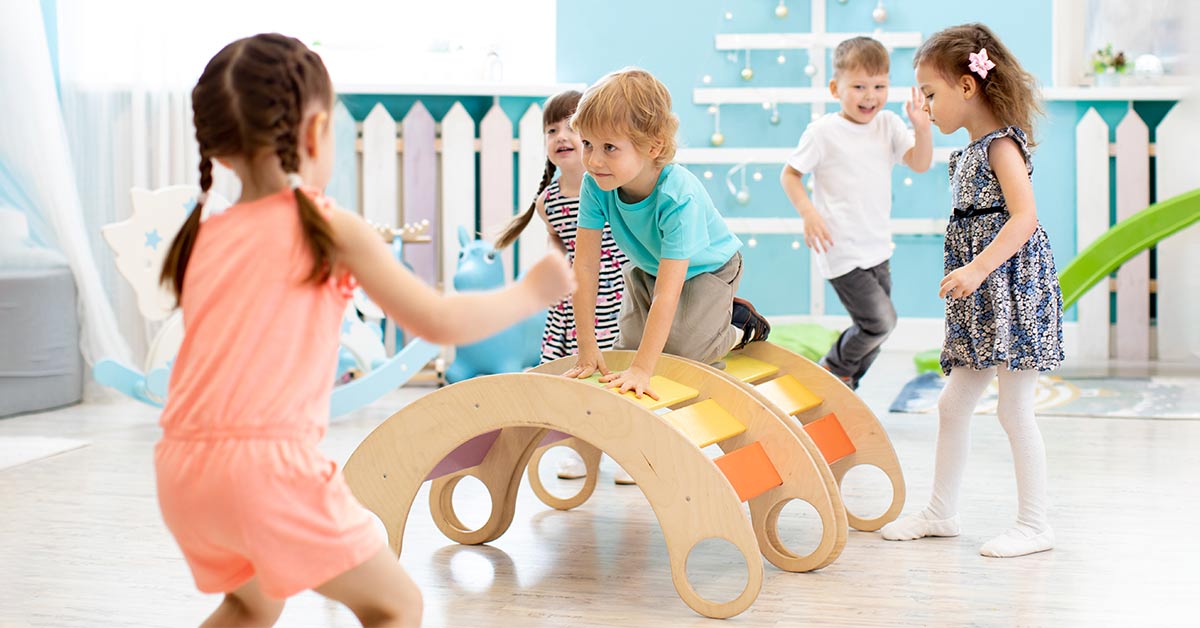23 Oct 2016
Opening a Day Care in your Home
When you prepare your house for home day care, you need to have a number of precautions and procedures in place.
Take a look at our six tips to prepare your house from the whirlwind of little hands and curious young minds.
Consider your space
Consider how much indoor and outdoor space you have available before determining the number of children you are able to accommodate (along with how many you can actually tend to). Too many kids in a small space – or a few kids spread over a large space – are both recipes for disaster.
A clean, safe home is of utmost importance so regardless of size, you need to ensure everything in your house is adequately organised, with all potentially dangerous items out of harm’s reach.

Adopt a sick-child policy
Inconvenient as it may be to some parents, a sick-child policy ensures your home daycare remains a healthy, happy environment. Keeping sick children away from each other makes sense, so ensure you have a strict set of rules in place for illnesses and the length of time a child is to stay home for if an illness is contracted.
Make sure your employers are qualified
To become a home daycare operator, you need to become qualified as a registered carer with the Australian Government of Human Services. Depending on your State or Territory, you may also need a Working with Children Check or relevant licence. Solidify your credentials by ensuring all of your employees are suitably qualified.
Qualifications like a Diploma of Childhood Education and Care enables an experienced childhood educator to take on a supervisory or managerial role in childcare. While undertaking study in the education field, childcare workers are taught the most effective methods of caring for babies, toddlers and children, how to design and implement a curriculum and how to most effectively nurture creativity.
Purchase simple, educational toys
You don’t need to go overboard when setting up your home day care, but carefully consider the types of toys and learning equipment you should be investing in. A child learns through play, so make sure you’re purchasing a good mixture of indoor and outdoor equipment for a variety of ages.

Budget for your bills
How much should you be charging for your home day care services? First, you must factor in the must-haves – high chairs, cribs and playpens, if necessary, as well as food for breakfast, lunch and snacks, and a variety of toys, books and games.
Once you’ve added up the running costs, you can then begin to budget your costs of profiting from your business.
Establish the rules and regulations
Make sure you have established a strict set of rules and regulations, adhering to health, safety, behaviour and emergency situations. This is not only an essential element in the running of a professional business but reassures parents that you have the appropriate steps in place for all situations, including maintaining a high level of care for their child. This includes monitoring the behaviour of their child and reporting back on any highlights or areas of concern.
Become a Home Day Care Operator with the CHC50121 Diploma of Early Childhood Education and Care. Call 1300 616 197 to get started.
Get in touch with us today.

Proud member of

Funding
© Foundation Education | RTO Number 22557
